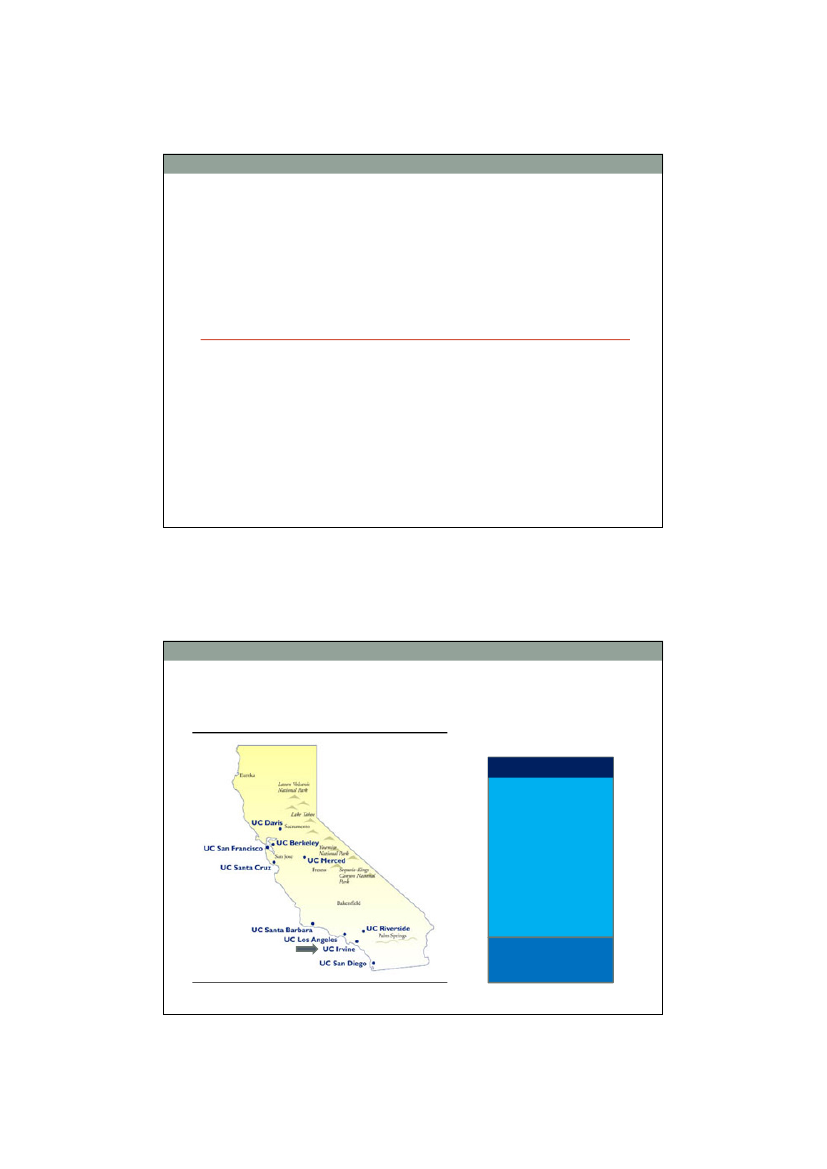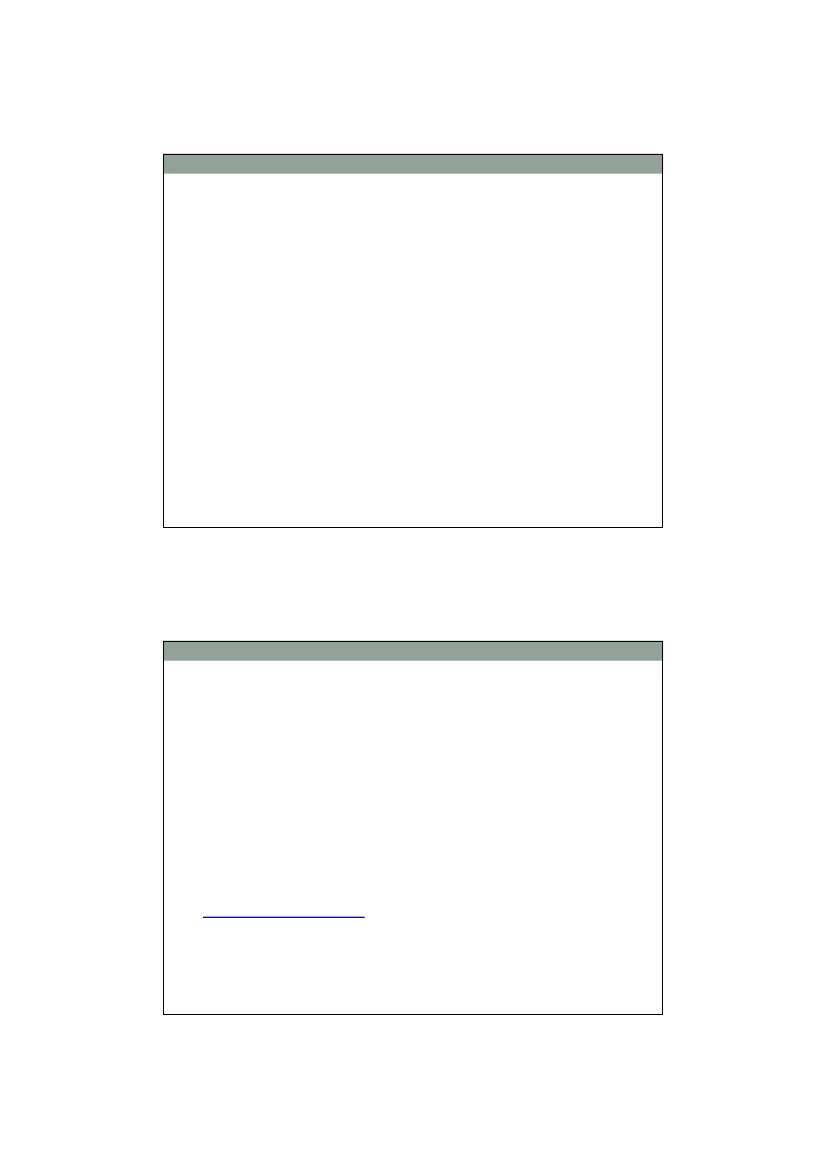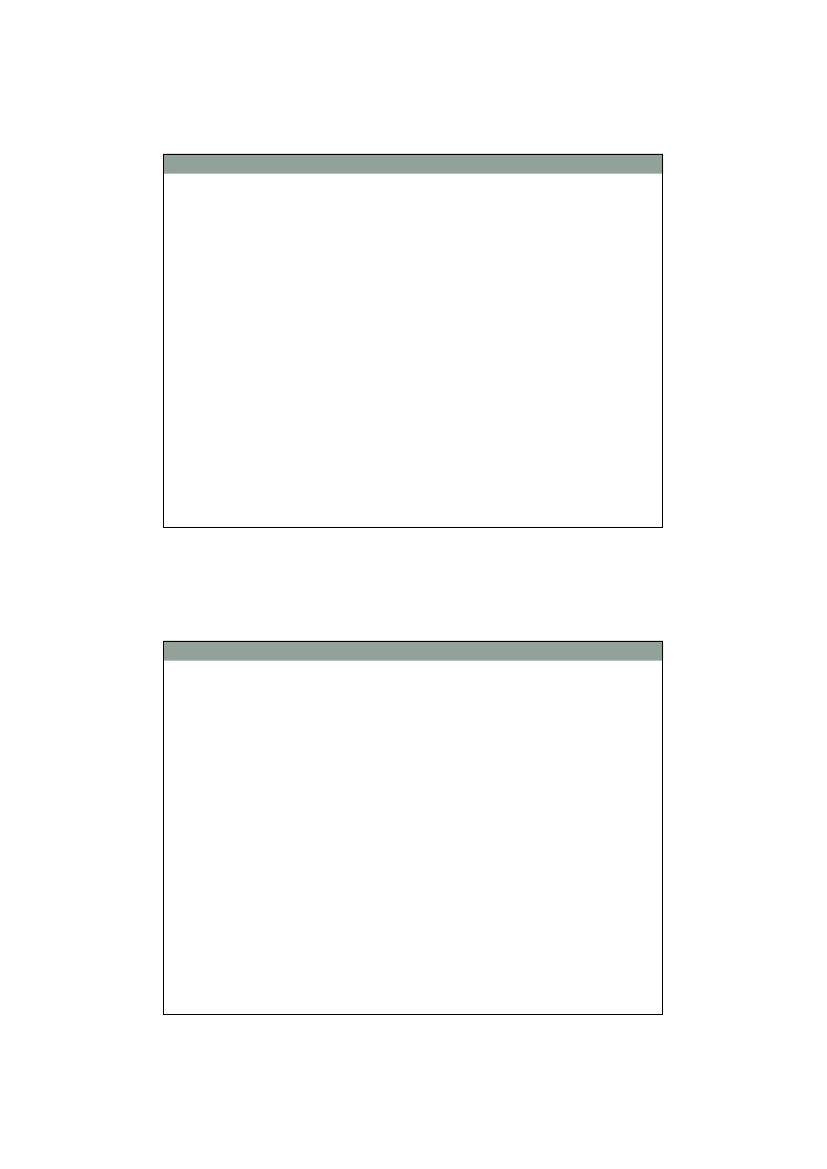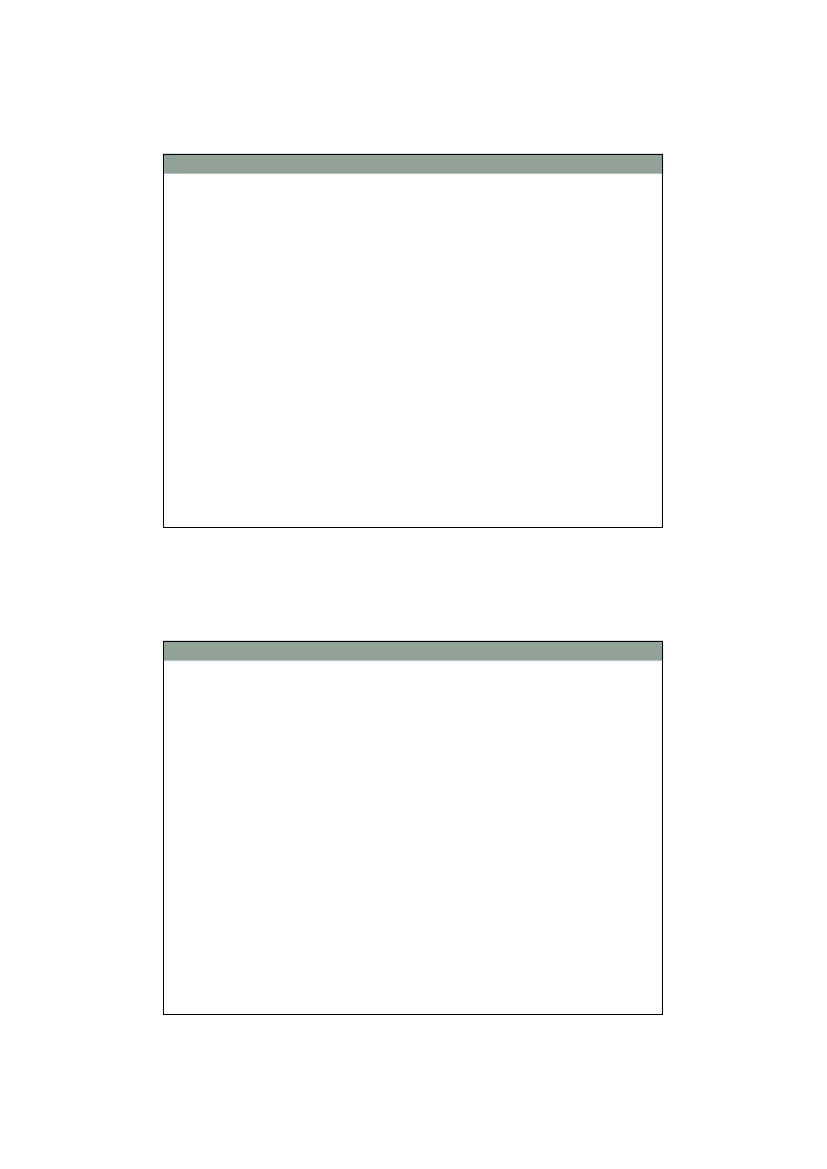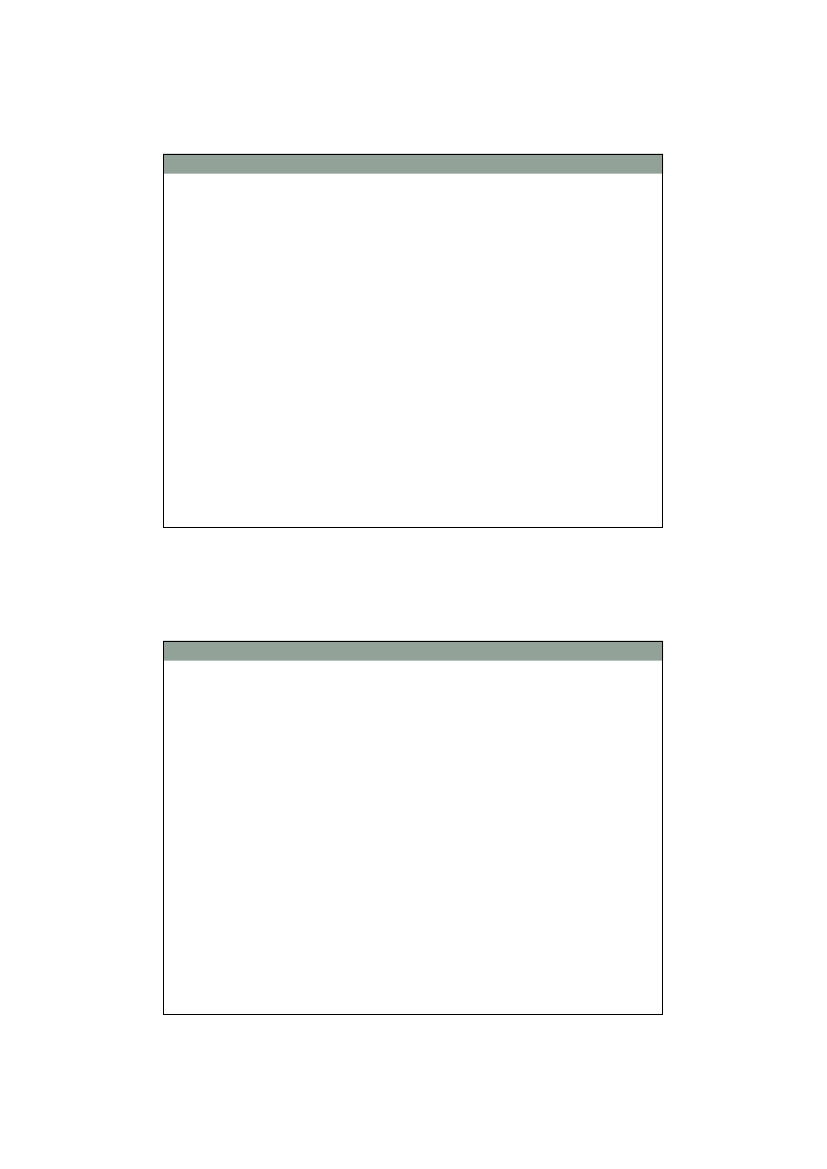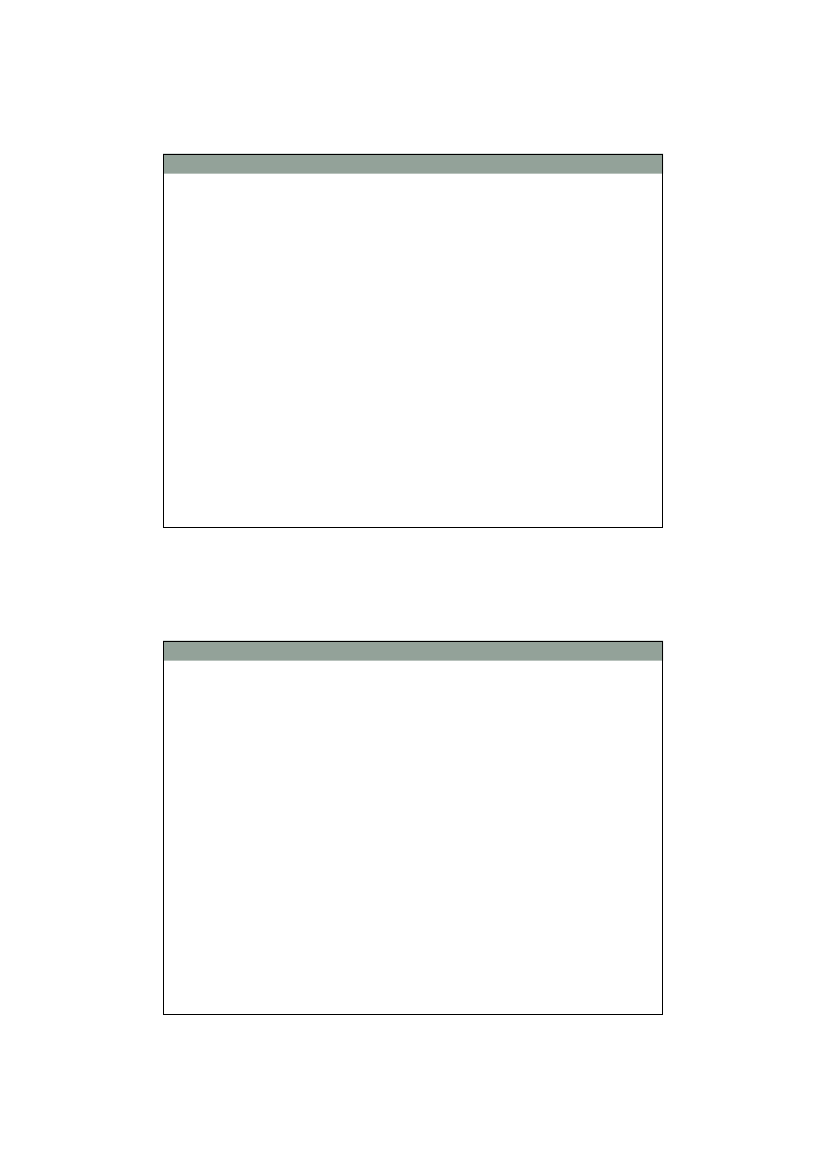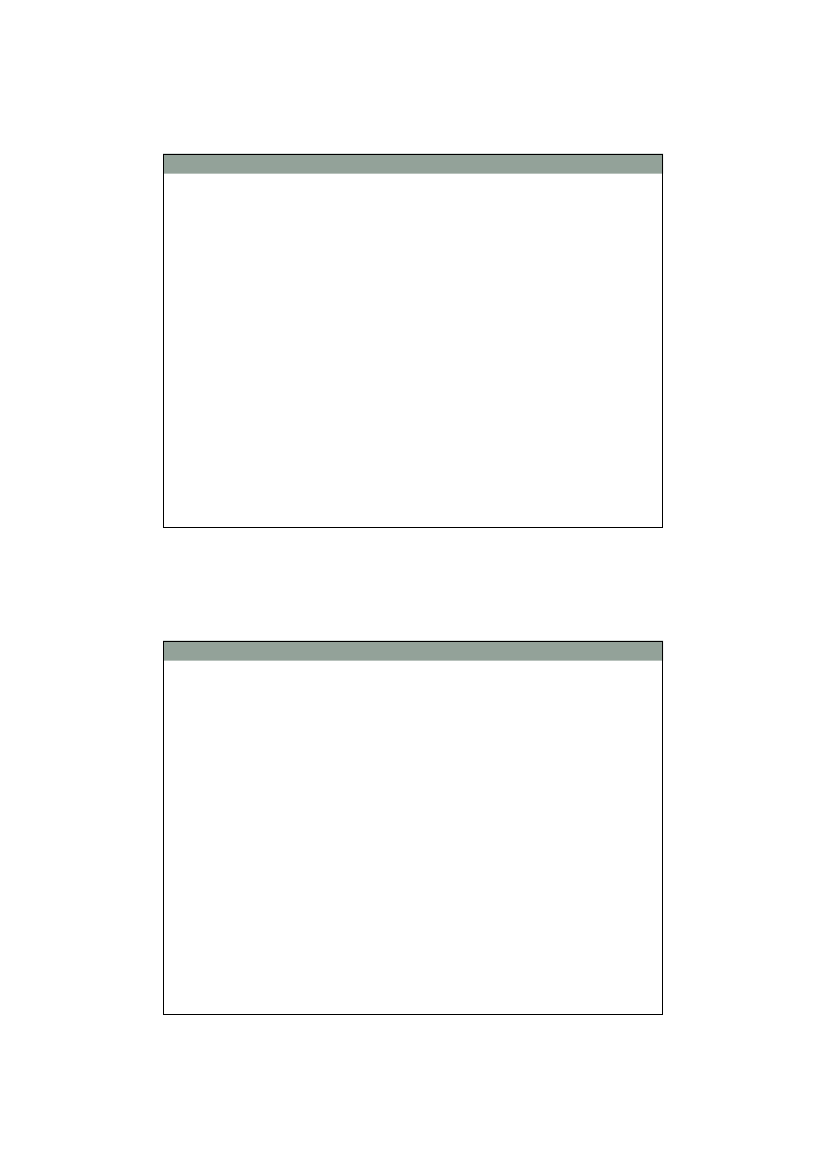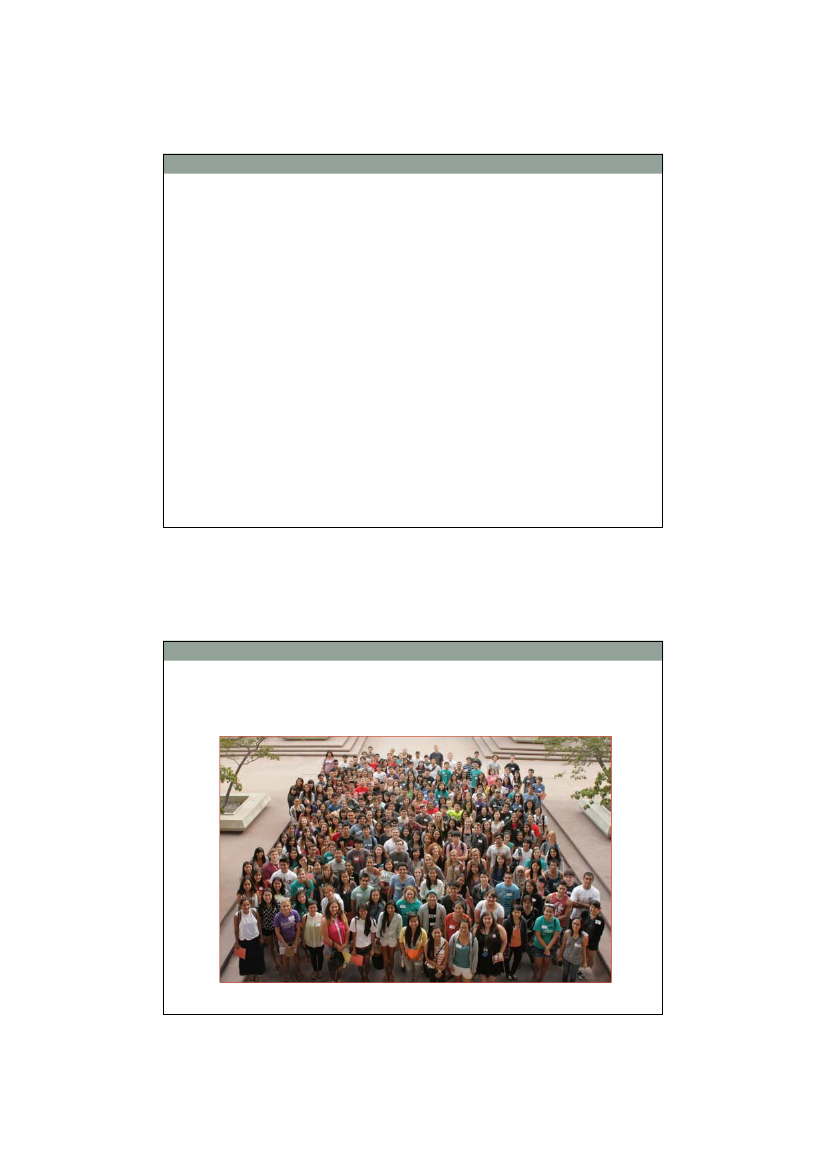Uddannelses- og Forskningsudvalget 2013-14
FIV Alm.del Bilag 103
Offentligt
23‐01‐2014
21 January 2014
UNIVERSITY-LEVELHONORS PROGRAMSA presentation on Talent Developmentfor the Danish Committee StudyingQuality and Relevance in Higher Education
21 January 2014
Some ContextUC-Irvine Students700 (3%) Honors
22,000Undergraduates
6,000Graduate/Professional
1
23‐01‐2014
21 January 2014
Why Do We Have Honors Programs?•Recruiting tool•Strong competition for good students•Driven by rankings•Increased intellectual diversity•Pedagogical tool
21 January 2014
What is an Honors Program?•Goal: provide a more challenging and effective learning
experience for a university’s top students•Dimensions along which programs vary•Curriculum•Housing•Co-Curricular Activities•Advising
•National Collegiate Honors Council (NCHC)
http://nchchonors.org/
2
23‐01‐2014
21 January 2014
CurriculumNCHC recommends that•Honors program curriculum “constitute a substantialportion of the participants’ undergraduate work, typically20% to 25% of the total course work and certainly no lessthan 15%.”•Honors courses combine 5 objectives1.2.3.4.
To help students develop effective written communication skillsTo help students develop effective oral communication skillsTo help students develop their ability to analyze and synthesize abroad range of materialTo help students understand•how scholars think about problems•how creative artists approach the creative process
5.
To help students become more independent and critical thinkers
21 January 2014
Menu-Based Curriculum•Students choose courses freely from a list of courses
designated as honors courses•Requirements•Minimum number of courses•Sufficiently good grades
•Some programs•Allow some “regular” courses to be converted to “honors”•Either allow or require honors “experiences”•Require a thesis or participation in a substantial community serviceproject
3
23‐01‐2014
21 January 2014
Directed Curriculum•Unlike the courses in a menu curriculum, these courses
are typically limited to honors students•Advantage: the cohort of students entering in each yeartake a substantial number of courses together•They become a community of learners•developing lasting interpersonal bonds•and a network that is both supportive but also challenging
•The directed curriculum can be easier to organize
21 January 2014
“Breadth” Requirements•Most American universities have some ‘breadth” requirements•They reflect a “liberal” tradition of education1.2.3.4.5.
6.7.8.
Writing(two lower-division plus one upper-division course)Science and Technology(three courses)Social and Behavioral Sciences(three courses)Arts and Humanities(three courses)Quantitative, Symbolic, and Computational Reasoning(three courses that may also satisfy another breadthcategory)Language Other Than English(one course)Multicultural Studies(one course that may also satisfyanother breadth category)International/Global Issues(one course that may alsosatisfy another breadth category)
4
23‐01‐2014
21 January 2014
UCI’s Campuswide Honors Curriculum•Two overall goals of the curriculum•breadth of knowledge•depth in at least one subject area•Breadth goals are achieved by a directed curriculum
consisting of three, 3-course sequences•Humanities•Social Sciences•Physical and Biological Sciences
•Depth is achieved by courses in a student’s major(s) and
by the honors requirement to produce a thesis
21 January 2014
Curriculum: Summary•Menu-based curriculum•Students choose courses freely from a specified list•Typically requires that more honors courses be offered•Quality control can be difficult•There need not be coordination across courses•Directed curriculum•Course typically created just for the honors program•Common required courses helps create a social network•These approaches are on a continuum•The campuswide honors vs. discipline specific programs
5
23‐01‐2014
21 January 2014
Housing Option•About half of honors programs give students the option to
be housed together in dedicated housing•Helps to create a community of scholars•Heavily used by and popular for first-year students
21 January 2014
Co-Curricular Activities•Examples•Community service opportunities•Coffee Hours•Fireside chats with faculty•Trips to the theater•Barbecues•Sporting and social events•Co-curricular and extra-curricular activities help•Build the community of scholars•Provide alternative learning experiences•Provide mentoring opportunities
6
23‐01‐2014
21 January 2014
Advising•A supplement to standard academic advising is provided
by about ½ of honors programs•Rationale•Standard advising is geared to the needs of the majority of students•Honors students generally have more complex schedules•Take more units•Complete more majors•Are involved in more research / performance / organization•More likely to study abroad
21 January 2014
Does the Honors Program Work?•By many measures: Yes•Honors students are much more likely to graduate•Very few fail to graduate•Over 90% graduate within the normal 4 years•They graduate•with more units taken•Higher GPAs•more double and triple majors•A higher percentage study abroad•Of course, a much higher percentage complete theses•They receive over half of the prestigious academic awards•Twice as many go directly to Ph.D. or professional programs•Of those that do not go immediately , 75% intend to within 2 years
7
23‐01‐2014
21 January 2014
Summary•Honors programs are a mix of•Curricular enhancements•Along with some or all of•Separate housing option•Co- and Extra-curricular activities•Dedicated advising
Designed to provide a more challenging and effectivelearning experience for a university’s top students•Are they an unnecessary luxury or elitist?•Answer depends on what is to be equalized
•Talented students are a “resource” worth developing•Academic subgroups already get different resources
21 January 2014
Questions?
8
